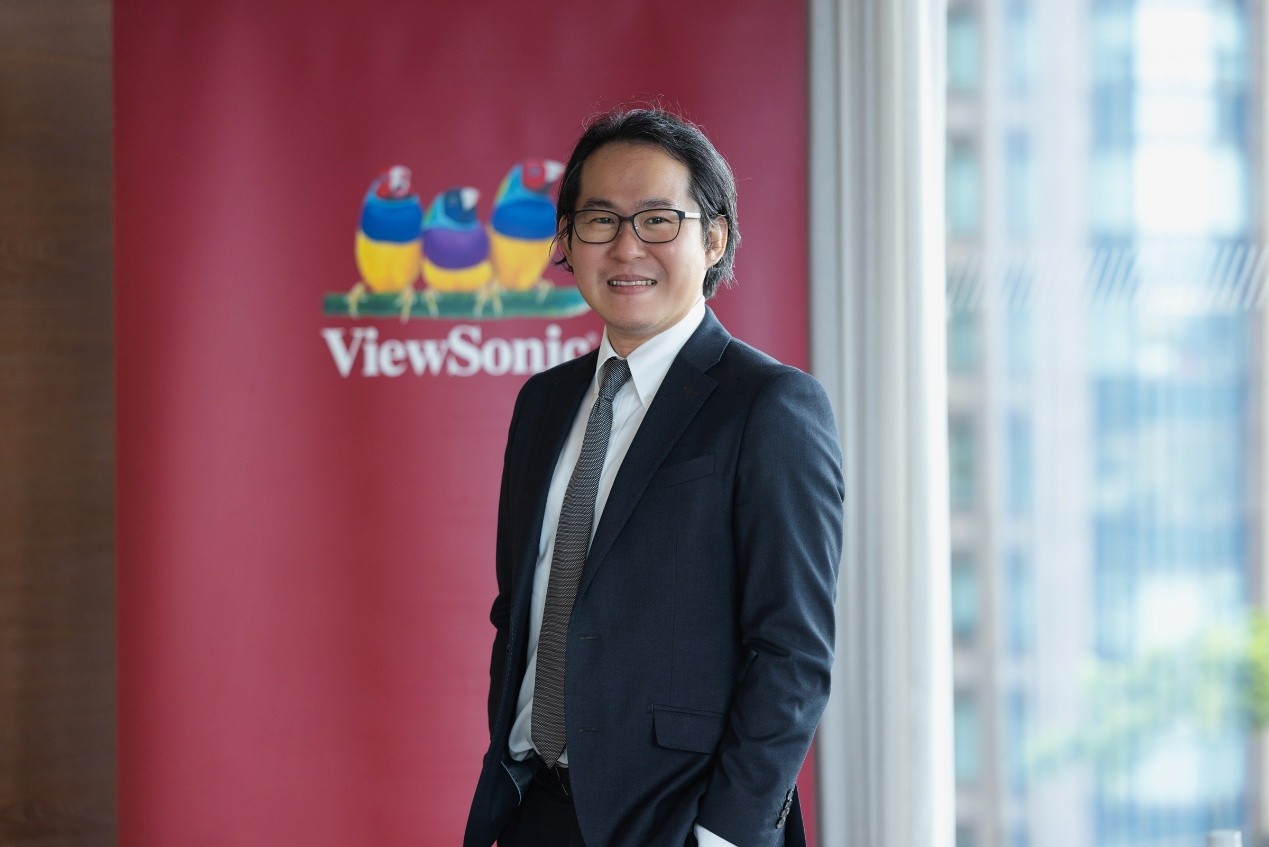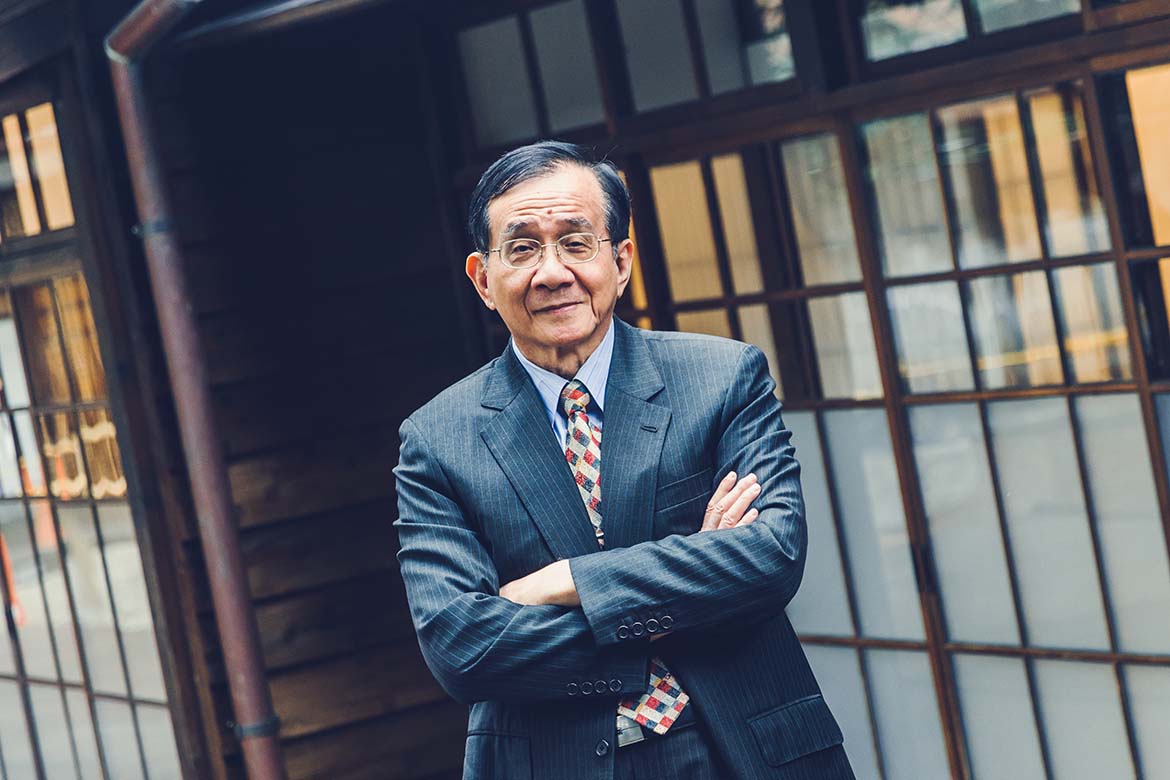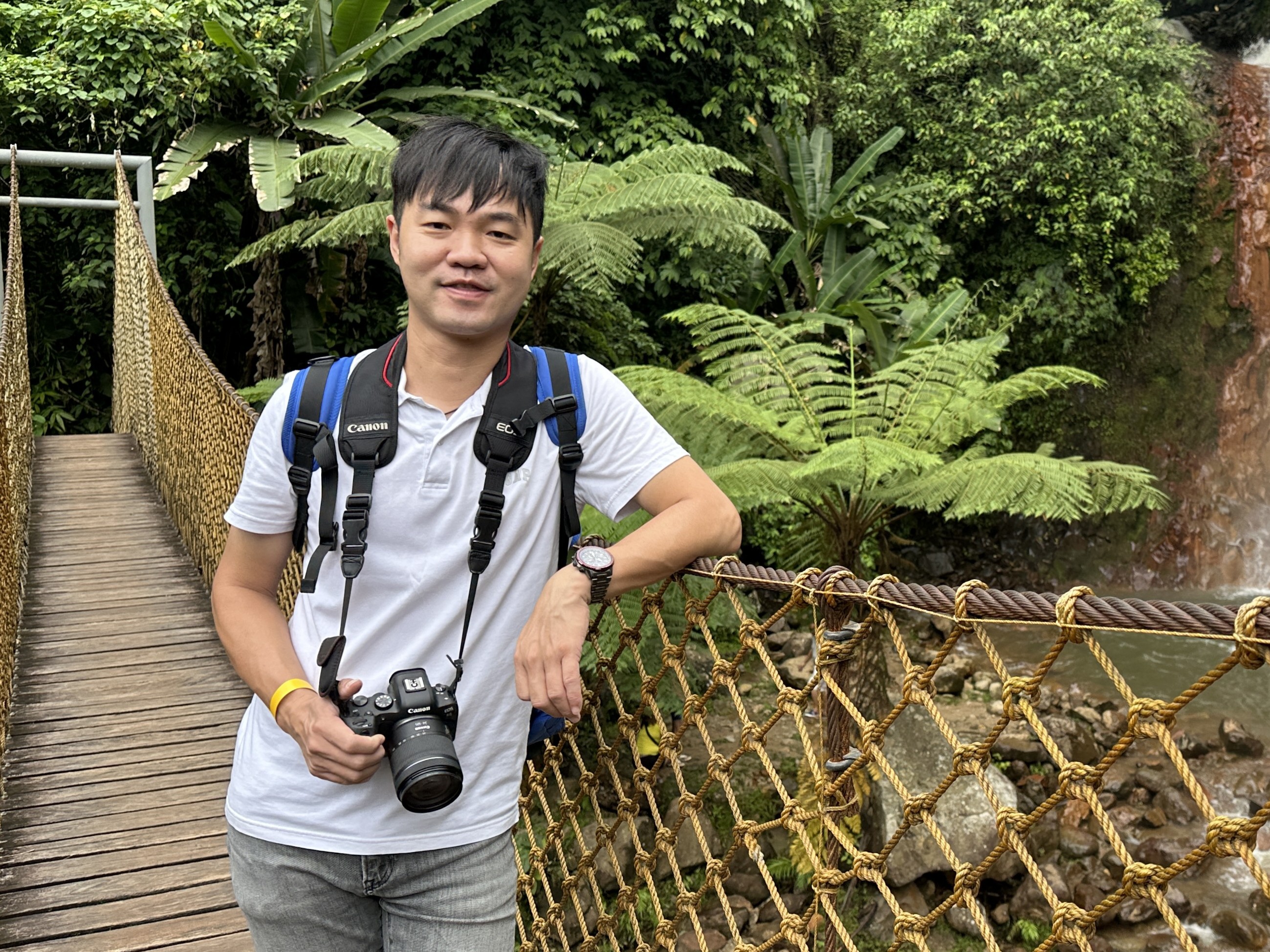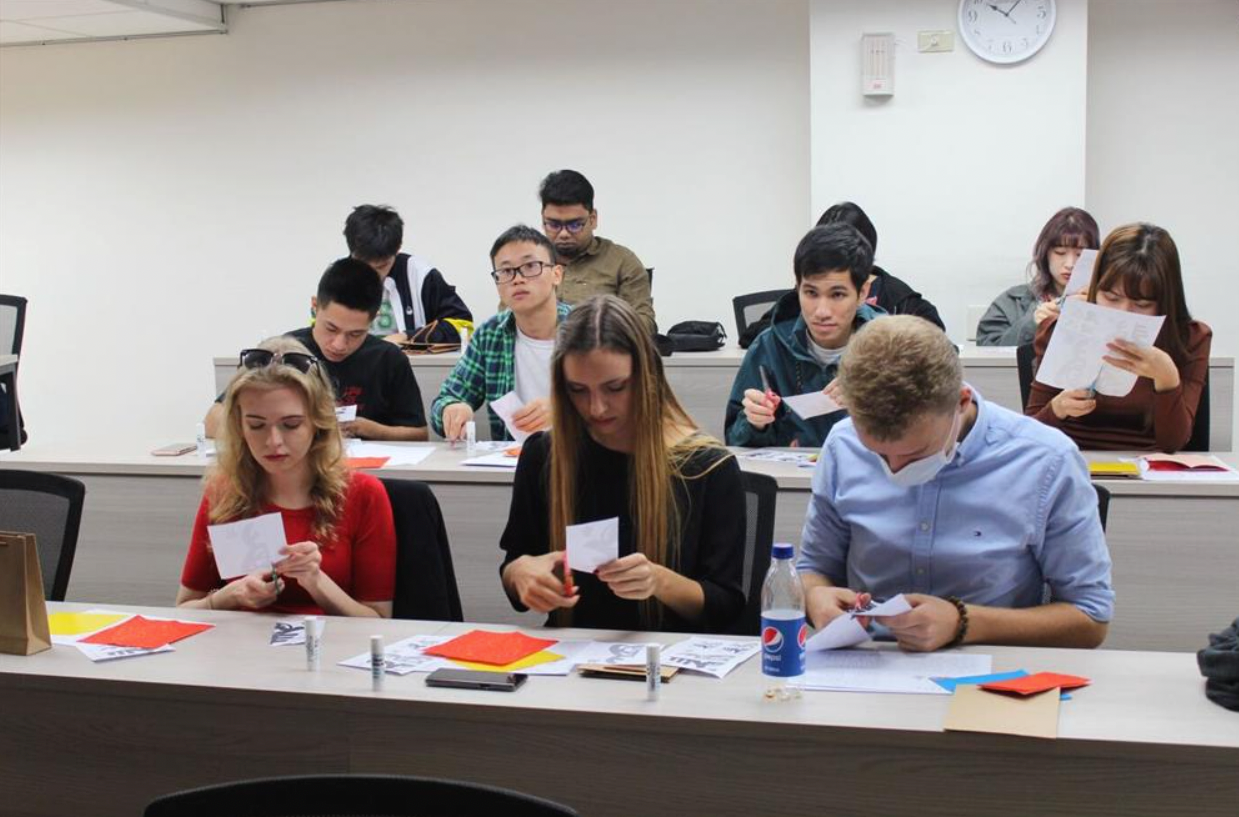專業領域工作坊 Workshops

連育仁 Yü-jen Lien
ViewSonic總經理兼優派學院院長
General Manager of ViewSonic and President of the ViewSonic Academy
連育仁現為 ViewSonic 總經理兼優派學院院長,同時為中原大學應用華語文學系兼任副教授。他曾赴 45 個國家授課,並擔任多家出版、新創、科技及金融產業的數位教育訓練顧問與講師,經驗橫跨產業及學術,亦具備人文與科技經驗。
Yü-jen Lien is the General Manager of ViewSonic and President of the ViewSonic Academy. He also serves as an adjunct associate professor in the Department of Applied Chinese Language and Literature at Chung Yuan Christian University. He has delivered lectures in 45 countries and has been a digital education consultant and lecturer for various publishing, startup, technology, and financial companies. His expertise spans across industry and academia, with rich experience in both humanities and technology.
工作坊講題 (Workshop Topic)
生成式 AI + 數位人文:跨文化語言教學的轉型實踐
Generative AI + Digital Humanities: A Transformative Approach to Cross-Cultural Language Education
在生成式AI的快速發展下,文化及語言資源教育開始出現了被釋出或退場的現象,跨文化語言教學正面臨轉型的關鍵時刻。本工作坊將探討如何結合生成式 AI與數位人文工具,重新設計語言教學的內容與方法。例如,在語言教學現場,教師可利用 AI生成跨文化情境對話,或運用多模態大型語言模型協助學生比較不同文化語境下的語言使用。語言是產業內容的載體,本工作坊亦將示範AI在國際會議、跨國團隊協作、客服、旅遊與教育科技上的應用及其不足,探討大專外文系所的接軌方式與策略。透過這些案例,與會者將實作語言教育與產業需求接軌的方式,同時具備科技運用策略與跨文化溝通的競爭力。
With the rapid development of generative AI, cultural and language resource education is at a critical juncture for transformation, with some cultural and language resources beginning to be released or phased out. This workshop will explore how to combine generative AI and digital humanities tools to redesign the content and methods of language teaching. For example, in the language classroom, teachers can use AI to generate cross-cultural situational dialogues, or utilize multimodal large language models to help students compare language usage in different cultural contexts. Language is the vehicle for industry content, and this workshop will also demonstrate the applications and limitations of AI in international conferences, multinational team collaboration, customer service, tourism, and educational technology. It will explore ways and strategies for foreign language departments in higher education to align with these needs. Through these cases, participants will practice how to connect language education with industry demands, while also possessing technology application strategies and cross-cultural communication competitiveness.

林水福教授
Professor Lin Shuifuku
(2024玉山文學貢獻獎得主)
輔仁大學東方語文學系畢業。後赴日本深造,獲日本國立東北大學碩士學位,回輔大擔任講師、教授,獲日本國立東北大學文學博士學位。曾任台北駐日經濟文化代表處臺北文化中心主任、國立高雄第一科技大學副校長、輔仁大學外語學院院長、日本梅光女學院大學副教授、中國青年寫作協會理事長、台灣日語教育學會理事長等。著有《日本文學導遊》、《源氏物語的女性》、《日本不能直譯》等;翻譯「源氏物語」、遠藤周作、谷崎潤一郎、川端康成、大江健三郎、種田山頭火等多位作家經典作品,為引介日本文學的前行推手。獲五四獎文學活動獎、南投縣玉山文學貢獻獎。
Graduated from the Department of Oriental Languages and Literatures at Fu Jen Catholic University. He later pursued advanced studies in Japan, earning a master's degree from Tohoku University. Upon returning to Fu Jen, he served as a lecturer and professor, and later obtained a Ph.D. in Literature from Tohoku University. He has served as Director of the Taipei Cultural Center at the Taipei Economic and Cultural Representative Office in Japan, Vice President of National Kaohsiung First University of Science and Technology, Dean of the College of Foreign Languages at Fu Jen Catholic University, Associate Professor at Baiko Gakuin University, Chairman of the China Youth Writers Association, and Chairman of the Japanese Language Education Society of Taiwan. His publications include "A Guide to Japanese Literature," "The Women of The Tale of Genji," and "Japan Cannot Be Directly Translated." He has translated classic works, and is a pioneer in introducing Japanese literature to Taiwan. He is the recipient of the May Fourth Literary Activity Award and the Nantou County Yushan Literature Contribution Award.
工作坊講題 (Workshop Topic)
我為什麼翻譯源氏物語-兼談如何利用AI輔助翻譯
Why Translate The Tale of Genji? Perspectives on Literary Translation and the Use of AI
『源氏物語』翻訳の意義とその理由 ―AIを活用した翻訳支援の可能性を踏まえて。
1源氏物語是什麼?
2我為什麼還要翻譯?
3我的翻譯有什麼不一樣?
4結語

曾永毅老師
臺南市安南區安佃國民小學總務主任
臺南市環境教育輔導團副召集人
臺南市數位學習輔導團輔導員
國立臺南大學教育學系教學科技組兼任講師
學歷:
國立成功大學教育研究所國際教育組博士候選人
國立臺灣師範大學資訊教育研究所
工作坊講題 (Workshop Topic)
AI驅動的未來教學:數位工具應用與教育評量的新趨勢
AI-Driven Future of Teaching: Digital Tools, Applications, and New Trends in Educational Assessment
本講座將帶領參與者從教育現場與研究視角,理解AI技術如何深度融入教學。首先,將介紹目前國內的相關教學軟體如因材網、均一等平台融入生成式AI、智慧助教、AI影片與教材製作工具等在課堂中的實際應用案例,呈現AI如何協助教師提升教學效率與學生學習動機。接著,將探討AI教學評量的創新,包含即時診斷、學習歷程追蹤與自適性測驗,如何幫助教師精準掌握學生的學習狀態。 在趨勢展望部分,將剖析 AI教育的未來發展:例如跨語言與跨文化的智慧學習平台、AI與STEAM/跨域課程的整合,以及教育資料倫理與教師專業轉型的挑戰。透過案例分享與互動討論,參與者不僅能掌握數位AI工具的最新脈動,更能思考如何在未來教育生態中發揮專業影響力。
This lecture explores how AI technology is deeply integrated into teaching from both practical and research perspectives. We'll begin by showcasing real-world classroom applications of domestic educational software like MOU's adaptive learning website (因材網) and Junyi Academy (均一), incorporating generative AI, intelligent teaching assistants, and AI-powered video and material creation tools. These examples demonstrate how AI can enhance teaching efficiency and boost student motivation. Next, we'll delve into AI in educational assessment, examining innovations such as real-time diagnostics, learning progress tracking, and adaptive testing, which empower educators to accurately gauge student learning status. Finally, we'll look at future trends in AI education: cross-lingual and cross-cultural intelligent learning platforms, the integration of AI with STEAM/interdisciplinary curricula, and the ethical considerations of educational data and the professional transformation of teachers. Through case studies and interactive discussions, participants will grasp the latest developments in digital AI tools and consider how to exert professional influence within the future educational ecosystem.







